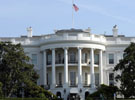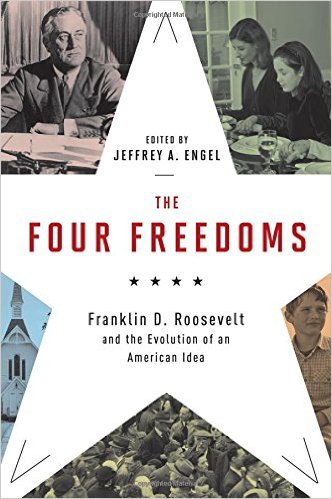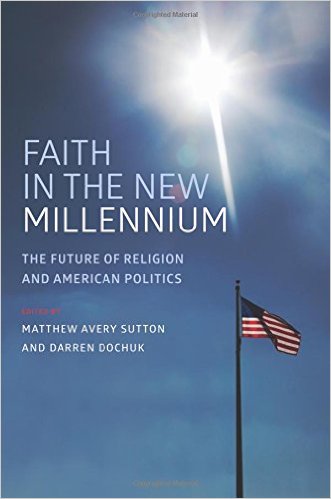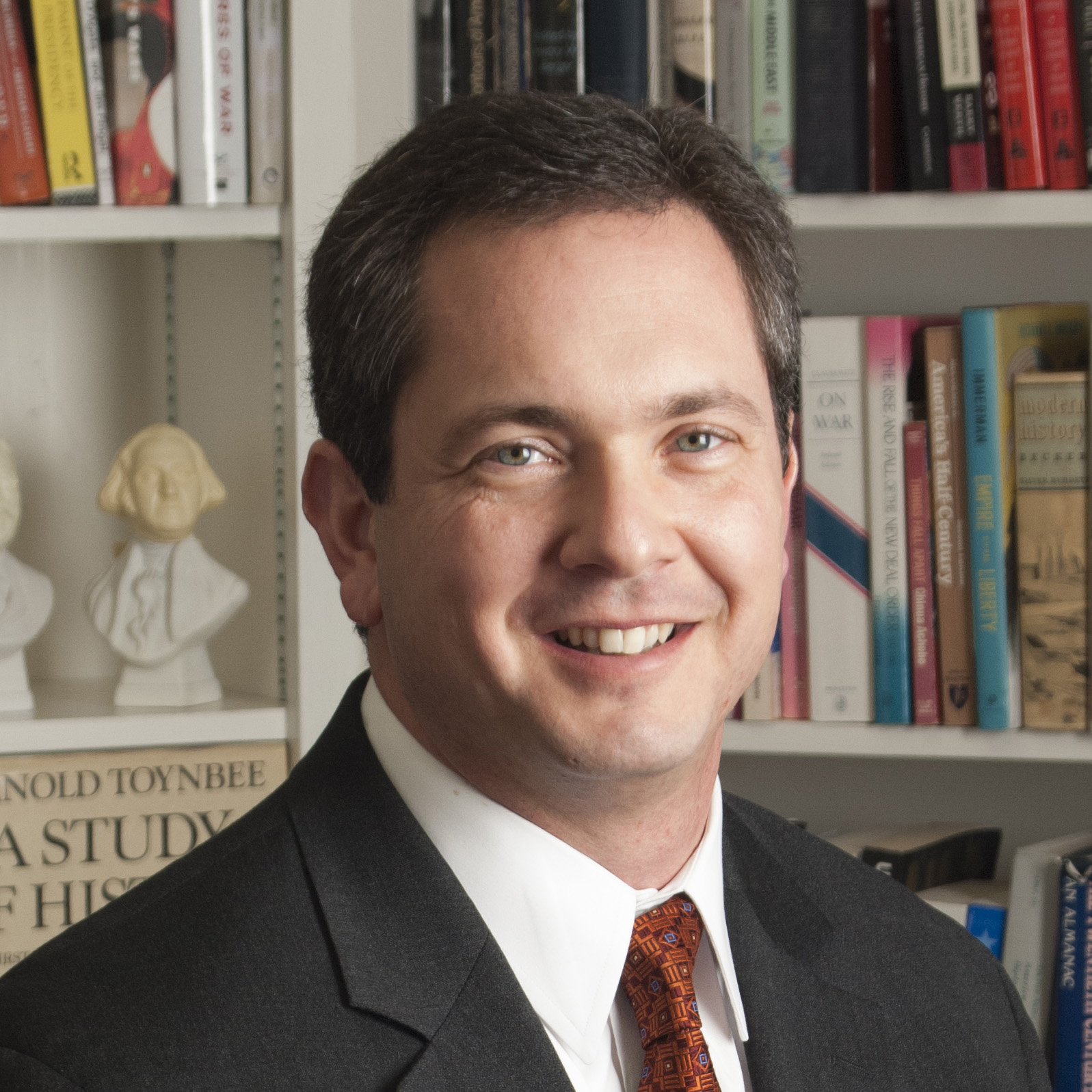SMU’s Center for Presidential History melds history with public affairs
SMU’s Center for Presidential History has become a hub for current, in depth and innovative research.

By Emily Hooper
SMU News
DALLAS (SMU) – When SMU’s Center for Presidential History (CPH) arrived on campus in 2012, Founding Director Jeffrey Engel had great expectations for bringing to life – and to Dallas – the detailed history of America’s chief executives.
 |
 |
In less than four years, CPH has become a hub for current, in depth and innovative research in presidential history. Through postdoctoral fellowships, on-campus writing fellowships, community engagement, a unique Collective Memory Project and publishing volumes based on its own work, the center provides a unique understanding of both history and public affairs.
 Jeffrey Engel |
“Our job at the center is to shine a light on our nation’s past in order to help guide its future,” Engel said. “By focusing on current questions and topics, we are able to increase the amount of knowledge useful to future generations.”
In collaboration with participating scholars and institutions from all over the world, the CPH has published its first two books in recent months, with another forthcoming. The publications stem from accompanying conferences held at SMU.
Engel believes these publications, covering such topics as the future of religion in American politics, the nature of American freedom, and points of personal crises experienced by selected American presidents demonstrate CPH academic strength and capacity. “Our publications are topical in a way we didn’t anticipate,” said Engel. “Current public affairs are expanding on topics we are already working on.”
Book topics are chosen when moments of inspiration and opportunity come together, Engel said. The genesis behind the first book released by the CPH, The Four Freedoms: Franklin D. Roosevelt and the Evolution of an American Idea (Oxford University Press 2015), was the Bush Institute’s Human Freedom project. In this publication, Engel joins together with five other leading scholars to explore how each of Roosevelt's Four Freedoms, what Engel calls the clearest articulation of freedom ever given, evolved over time for Americans and for the wider world. They examine the ways in which the word "freedom" has been used by Americans and others across decades and the political spectrum.
The Four Freedoms outlined by Roosevelt in January 1941 and the concepts they embody are highly relevant today. Engel noted that just three months before the CPH book, The Four Freedoms, was released, presidential hopeful Hillary Clinton harked back to FDR’s famous Four Freedoms speech to promise her own Four Fights if she were to be elected president.
Released just one month after The Four Freedoms, Faith in the New Millennium: The Future of American Religion and Politics (Oxford University Press 2015) explores the shifting role of religion in American politics in the age of Obama, shedding new and fascinating light on the interplay of faith and politics. Each of the sixteen contributors examines a contemporary issue, controversy, or policy through a historical lens. Taken together, they reveal how faith is shaping modern America, and how modern America is shaping faith.
“No one ever asks me why we chose to publish a book on religion and politics,” Engel joked. “Its relevance in today’s political landscape is obvious.”
Engel said that most Americans consistently consider it important that the president have strong religious beliefs. Even presidents have historically believed that their personal faith caused them to be president. “If you want to understand the Republican Party, read this book,” touts Engel.
Oxford University Press is publishing a third CPH volume – When Life Strikes the White House: Death, Scandal, Illness, and the Responsibilities of a President. Based on a CPH conference in February 2014, it will explore crucial points in history when personal crises have affected a president’s ability to lead, sometimes altering the nation’s course. Engel says this book is expected to be enjoyable and profound, reminding Americans that presidents are human, too.
The Center for Presidential History is bringing the world’s foremost presidential scholars to campus, while simultaneously supporting SMU’s own faculty’s research through postdoctoral fellowships and writing fellowships.
“I take a lot of pride in the postdoctoral and writing program,” said Engel. “It is designed to give time and a leg up to scholars in an increasingly competitive market.”
The fellowships also provide the opportunity to enhance participants scholarly profiles by participating in the overall life of the CPH and the Collective Memory Project, an ongoing oral history project dedicated to enhancing the historical and archival record of various presidential administrations, beginning with the presidency of George W. Bush. Each postdoctoral fellow contributes to and participates in the work of the Collective Memory Project in unique ways.
Timothy Sayle, who joined the CPH as a postdoctoral fellow in September 2014, conducted interviews for a Collective Memory Project on the 2007 Surge in the Iraq War. Now, he has accepted a prestigious position at the University of Toronto as Assistant Professor of History, in the field of International Relations: Modern Global Security. The CPH Writing Fellow for the Spring of 2014, SMU history professor Thomas Knock, completed a biography of Senator George McGovern, the leading critic of America’s war in Vietnam, and the Democratic presidential nominee in 1972. Currently, Aaron Crawford, Evan McCormick, and SMU associate professors Sabri Ates and Melissa Dowling are participating in the center’s postdoctoral and writing programs.
Engel is proud that the Center for Presidential History is adding to the already strong reputation of SMU’s William P. Clements Department of History and Clements Center for Southwest Studies. Engel answers questions about the future of CPH with a quote from Samuel Gompers, a key figure in American labor history. Every time someone asked Gompers what he wanted, Engel recalls, he said, “more.”
###